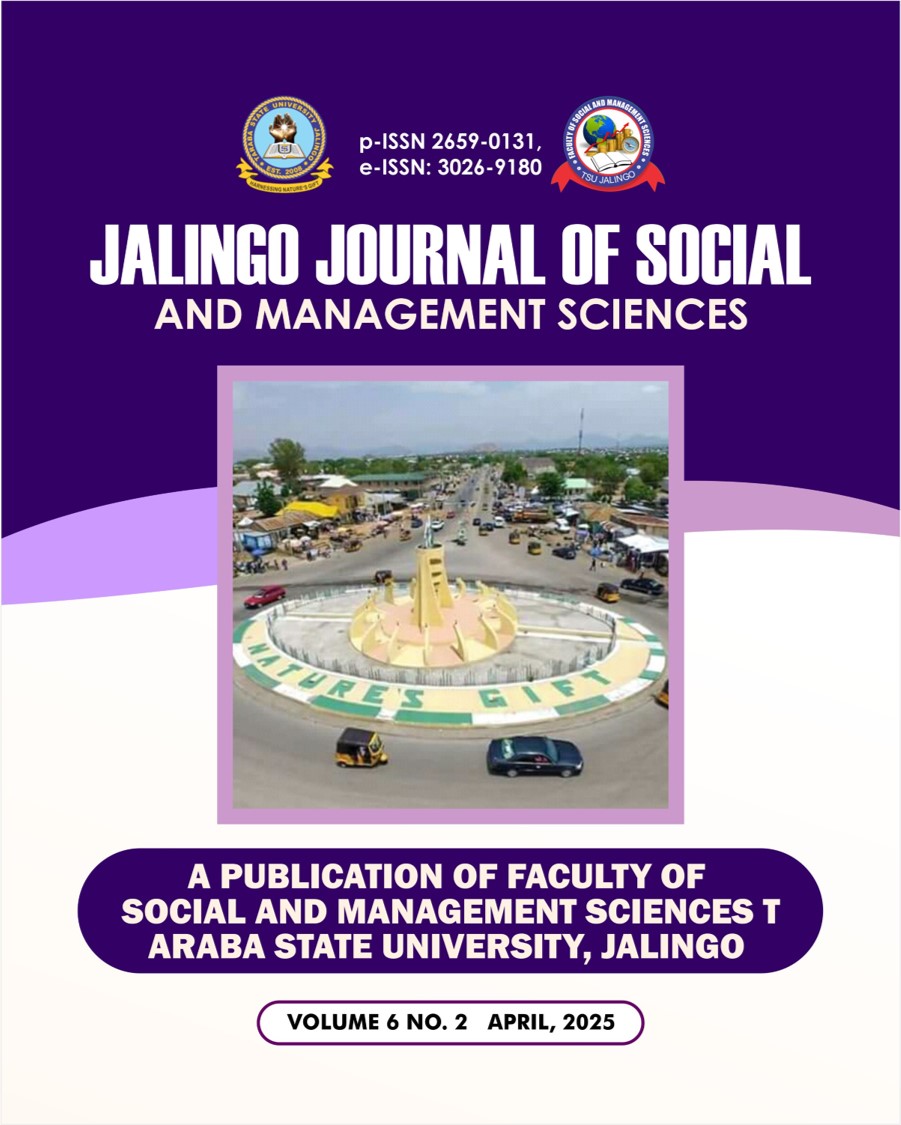Impact of Energy Consumption on Economic Growth in Nigeria: An ARDL Estimation Approach
Keywords:
Energy consumption, Electricity consumption, Natural Gas consumption, Economic Growth, ARDL, NigeriaAbstract
The study investigated the impact of energy consumption on economic growth in Nigeria using the Autoregressive Distributed Lag (ARDL) model technique. Annual data on gross domestic product growth rate, electricity consumption, natural gas consumption, gross fixed capital formation and employment rate were sourced from the Central Bank of Nigeria (CBN), Nigeria Bureau of Statistics (NBS) and the World Development Indicators (WDI) from 1990 to 2023. The findings revealed that the current year electricity consumption had a negative and insignificant impact on economic growth. The first lag of electricity consumption positively and significantly impacted economic growth. This suggests that the previous year’s electricity consumption level influences Nigeria's economic growth rate. Further findings revealed that natural gas consumption had a positive and insignificant impact on economic growth in Nigeria
during the study period. In addition, energy consumption has implications for growth in Nigeria. Therefore, the study recommended that governments at all levels should formulate and implement energy policies capable of boosting energy consumption and economic growth in Nigeria.

Downloads
Published
Issue
Section
License
Copyright (c) 2025 JALINGO JOURNAL OF SOCIAL AND MANAGEMENT SCIENCES

This work is licensed under a Creative Commons Attribution-NonCommercial 4.0 International License.
